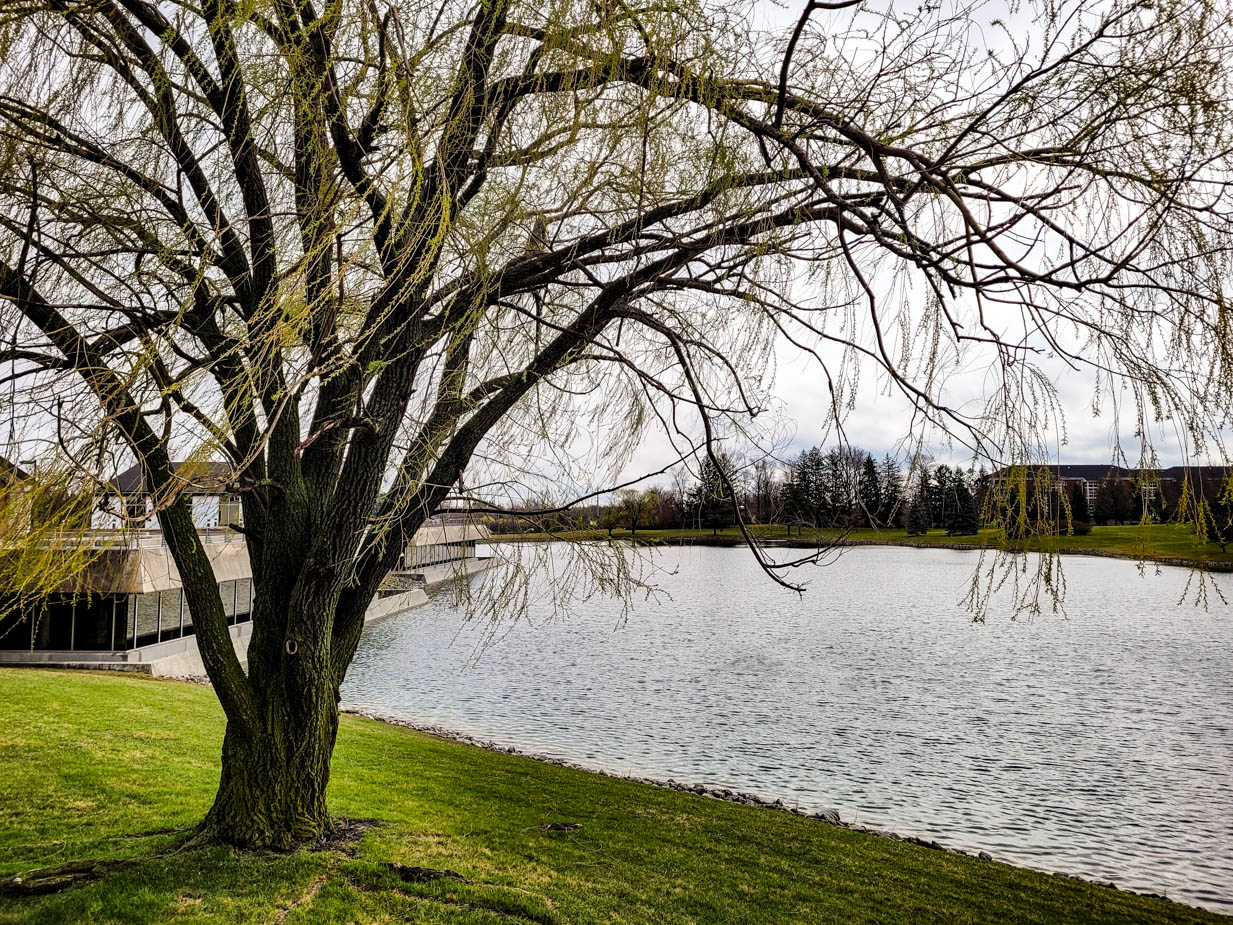

 ©LaBelleLife.com
©LaBelleLife.com
Chapter 23:1-8 (ESV) - “No one whose testicles are crushed or whose male organ is cut off shall enter the assembly of the LORD.
“No one born of a forbidden union may enter the assembly of the LORD. Even to the tenth generation, none of his descendants may enter the assembly of the LORD.
“No Ammonite or Moabite may enter the assembly of the LORD. Even to the tenth generation, none of them may enter the assembly of the LORD forever, because they did not meet you with bread and with water on the way, when you came out of Egypt, and because they hired against you Balaam the son of Beor from Pethor of Mesopotamia, to curse you. But the LORD your God would not listen to Balaam; instead the LORD your God turned the curse into a blessing for you, because the LORD your God loved you. You shall not seek their peace or their prosperity all your days forever.
“You shall not abhor an Edomite, for he is your brother. You shall not abhor an Egyptian, because you were a sojourner in his land. Children born to them in the third generation may enter the assembly of the LORD.
Question to consider: What object represented the presence of the LORD in the camp?
Some things to remember when dealing with the covenant of Israel were:
The laws that Moses reiterated in today’s passage pertained to those who took part in the assembly and could find themselves in the presence of the ark of the covenant when it was not being stored in the Holy of Holies. Those who were considered unclean by these laws were not to be a part of the camp. The idea was similar to only allowing an unblemished animal to be used as a sacrifice before God. All of this was to point to the day in which God’s people could be covered in the righteousness of Christ and be considered the children of God.
It is with this understanding that we approach the laws of today’s passage. If a man’s genitalia was mutilated, there was no way to prove he was from among the circumcised, and though it may have happened in an accident, there was no way to distinguish him from among those who did so in the worship of pagan gods which was common among the Syrian goddesses or those who were the servant of a pagan queen.
In Isaiah 56:4-5, it says, “To the eunuchs who keep my Sabbaths, who choose the things that please me and hold fast my covenant, I will give in my house and within my walls a monument and a name better than sons and daughters; I will give them an everlasting name that shall not be cut off.” This promise was given regarding the New Testament kingdom of God because this new covenant would not be marked by circumcision but by baptism into Christ and His righteousness.
A forbidden union would have referred to a birth out of incest, rape, or between an Israelite and pagan. While sojourners from other nations were to be shown hospitality in Israel, the LORD forbade marriage between an Israelite and anyone who still worshiped after another god. Those who became an Israelite and renounced their pagan gods could become part of the assembly.
A good example to consider is Ruth the Moabitess. While Naomi’s sons were wrong in marrying Ruth and Orpah while they still aligned themselves with the gods of Moab, Ruth’s return to Bethlehem with Naomi signified her allegiance to the LORD. While she may still have been recognized by the Bethlehemites as coming from Moab, she was able to marry Boaz and bear children for Israel so that there was no issue with King David being her descendant. All of these words by Moses were intended to keep the worship of foreign gods away from the presence of the LORD.
The prohibition against interacting with the Moabites and Ammonites was not about the assembly but about avoiding contact with them at all since they had acted in an untrustworthy manner toward Israel. If you went through my study in Ruth, I pointed out that Elimelech demonstrated his lack of faith when he moved out of Israel during a famine instead of gathering with the men of Bethlehem to repent of their sin. The fact that he violated the LORD's prohibition against interacting with Moab in his move emphasizes his unbelief.
Israel was still able to trade with the Edomites (who descended from their brother, Esau) and the Egyptians who allowed Israel to sojourn among them (before they were enslaved). They still weren’t allowed to bear children by them and be allowed into the assembly although this was set to only the third generation rather than more than ten with others that were forbidden.
Dear heavenly Father, thank You for bringing salvation to those who were originally unable to enter the assembly. Help us to extend hospitality to all who desire to know Christ and recognize that we are all made righteous through Him. Amen.